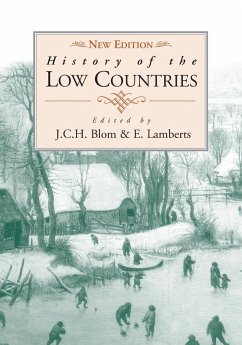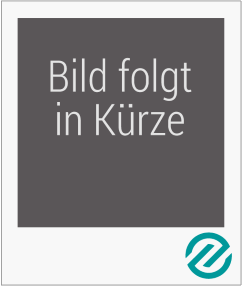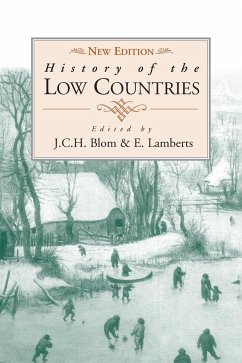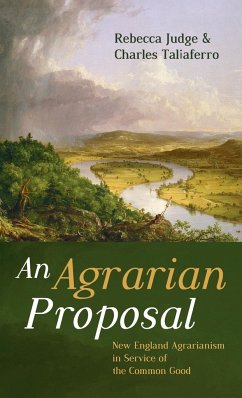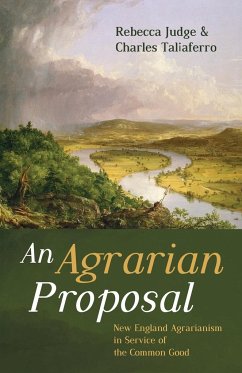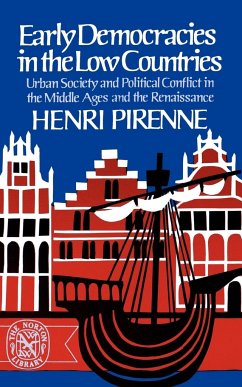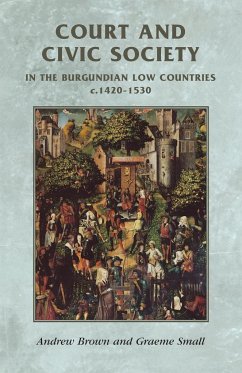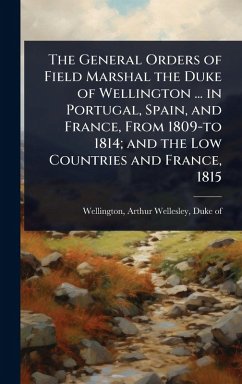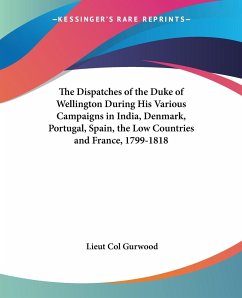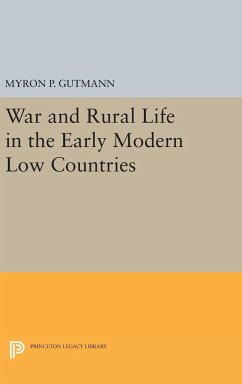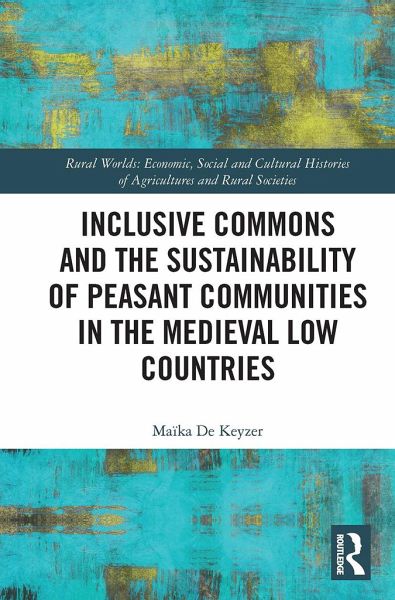
Inclusive Commons and the Sustainability of Peasant Communities in the Medieval Low Countries
Versandkostenfrei!
Versandfertig in 1-2 Wochen
54,99 €
inkl. MwSt.
Weitere Ausgaben:

PAYBACK Punkte
27 °P sammeln!
Is inclusiveness in the commons and sustainability a paradox? Late medieval and Early Modern rural societies encountered challenges because of growing population pressure, urbanisation and commercialisation. While some regions went along this path and commercialised and intensified production, others sailed a different course, maintaining communal property and managing resources via common pool resource institutions. To prevent overexploitation and free riding, it was generally believed that strong formalised institutions, strict access regimes and restricted use rights were essential. By look...
Is inclusiveness in the commons and sustainability a paradox? Late medieval and Early Modern rural societies encountered challenges because of growing population pressure, urbanisation and commercialisation. While some regions went along this path and commercialised and intensified production, others sailed a different course, maintaining communal property and managing resources via common pool resource institutions. To prevent overexploitation and free riding, it was generally believed that strong formalised institutions, strict access regimes and restricted use rights were essential. By looking at the late medieval Campine area, a sandy, infertile and fragile region, dominated by communal property and located at the core of the densely populated and commercialised Low Countries, it has become clear that sustainability, economic success and inclusiveness can be compatible. Because of a balanced distribution of power between smallholders and elites, strong property claims, a predominance of long-term agricultural strategies and the vitality of informal institutions and conflict resolution mechanisms, the Campine peasant communities were able to avert ecological distress while maintaining a positive economic climate.





